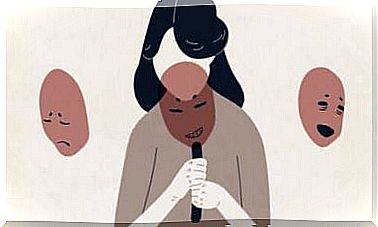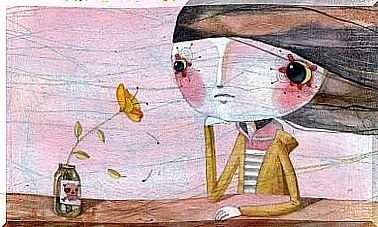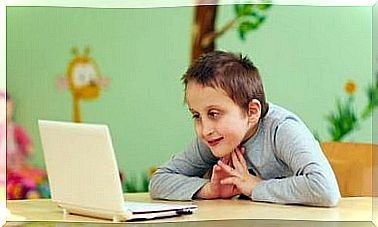Reading And The Brain: Do You Know What Reading Does To Your Brain?
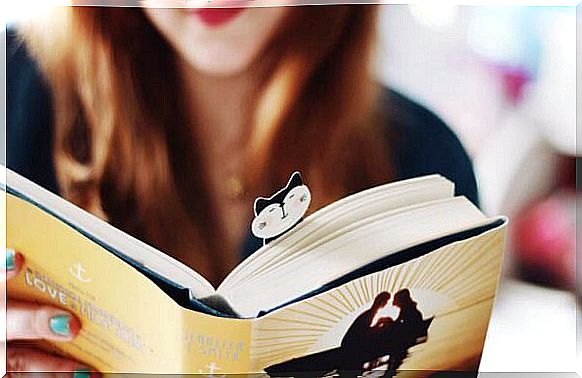
Some things have the power to cause positive changes in our brains. One of these is reading, which does power fascinating things to the brain. What do we know about the connection between reading and the brain? While not every book has this power, numerous studies suggest that reading stories from different characters, whether real or imaginary, can be one of the most transformative activities we can immerse ourselves in.
Nowadays, many people wonder what the benefits of literature are in general. They claim to be able to achieve the same benefits by watching a movie and thus get them even more easily. Indeed, the book and all the words it contains today have to compete with special effects. And not all people reach when they read a space where they themselves feel part of the story. Therefore, they prefer to see the story presented on screen.
Yet it goes without saying that reading is an experience very different from going to the movies. First, reading requires a higher level of concentration, abstraction, and imagination. Second, the changes caused by reading in the brain are much stronger and longer lasting. Let’s look at what the experts have to say next…
Reading and the brain: changes in perception
Your perception and perception of the world changes as you read. According to Keith Oatley, a professor of cognitive psychology at the University of Toronto, reading a well-described scene is equivalent to watching it in film form.

Our mind draws as we read about the familiar objects found in the mounds of memory that resemble those described in the scene. This is kind of like creating an in-head photo. Thus, many different series of events are in operation at the same time. These processes involve memory, perception, and creativity.
After reading several scenes described in detail, we are able to create an entire album of scenes. This collection is each individual’s own unique album that is non-transferable. Our minds reconcile all of these factors, creating contexts between what we read and everything we know. This produces changes in the brain, both in terms of perception and intelligence.
Reading and the brain: Reading is equal to experiencing
Researcher Raymond Mar, a doctor of psychology at York University, went one step further. According to his research on the subject, everything would seem to speak of our brains not being able to distinguish very well between what has been experienced and what has been read. Something similar happens when we watch a movie, but as we read, this experience is more personal and deeper. Reading causes much greater changes in the brain.

Our brains behave the same way when we imagine a story and when we actually experience it. According to Dr. Mari, when a person reads an act done by a person, the same areas in his or her own brain that are needed to perform those particular acts are also activated. In other words, we experience reading the story as if we were the actual character of it.
These changes in the brain have even been detected by brain imaging experiments. For example, when a person walks, the motor areas associated with walking in the brain are activated.
So we literally experience what we read, and for all this we get to thank one particular type of nerve cell: the mirror cell. Exactly, the same nerve cells that make us mimic yawning, for example, when we see someone else yawning. Exactly those same cells that make a baby smile when someone smiles at him.
Reading and brain… as well as empathy
Researchers have paid a lot of attention to the changes and empathy caused by reading in the brain. First, they have found that the areas of the brain that are used to read and understand the actions of certain characters are the same as those used to understand other people. After all, the process underlying both experiences is related to communication.
Thus, on the other hand, we experience what the character in the book does just as if we did it ourselves. On the other hand, we also improve our own ability to understand others, as well as connect situations and emotions. In conclusion, reading is a way to practice and nurture empathy. We change our own point of view in one way or another as we read the narration of the story.
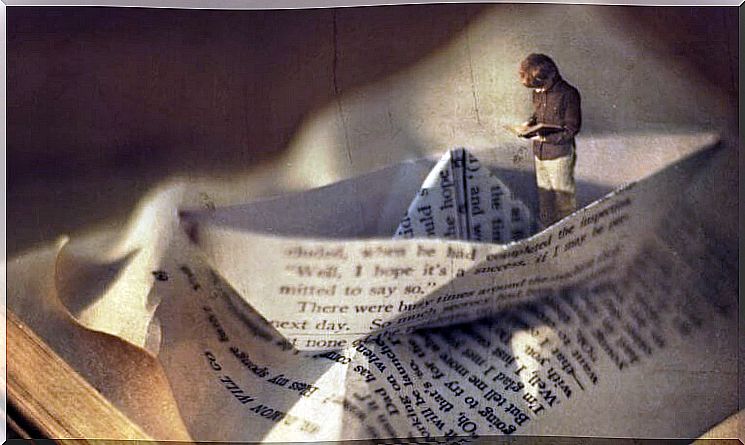
Dr. Mar provides a clear example of this by referring to a potential character with some kind of disability. If the experiences of such a character are told in sufficient detail, we will at some point understand how he feels . This is true even if we ourselves do not have any level of physical limitation. In other words, we then learn how to position ourselves as another person.
Here are just a few of the benefits of reading. Dozens of different changes take place in the brain as we sit comfortably with a book and allow ourselves to immerse ourselves in its story. A good reading experience changes us. It helps us grow, find a connection with the rest of humanity, and even become smarter.

